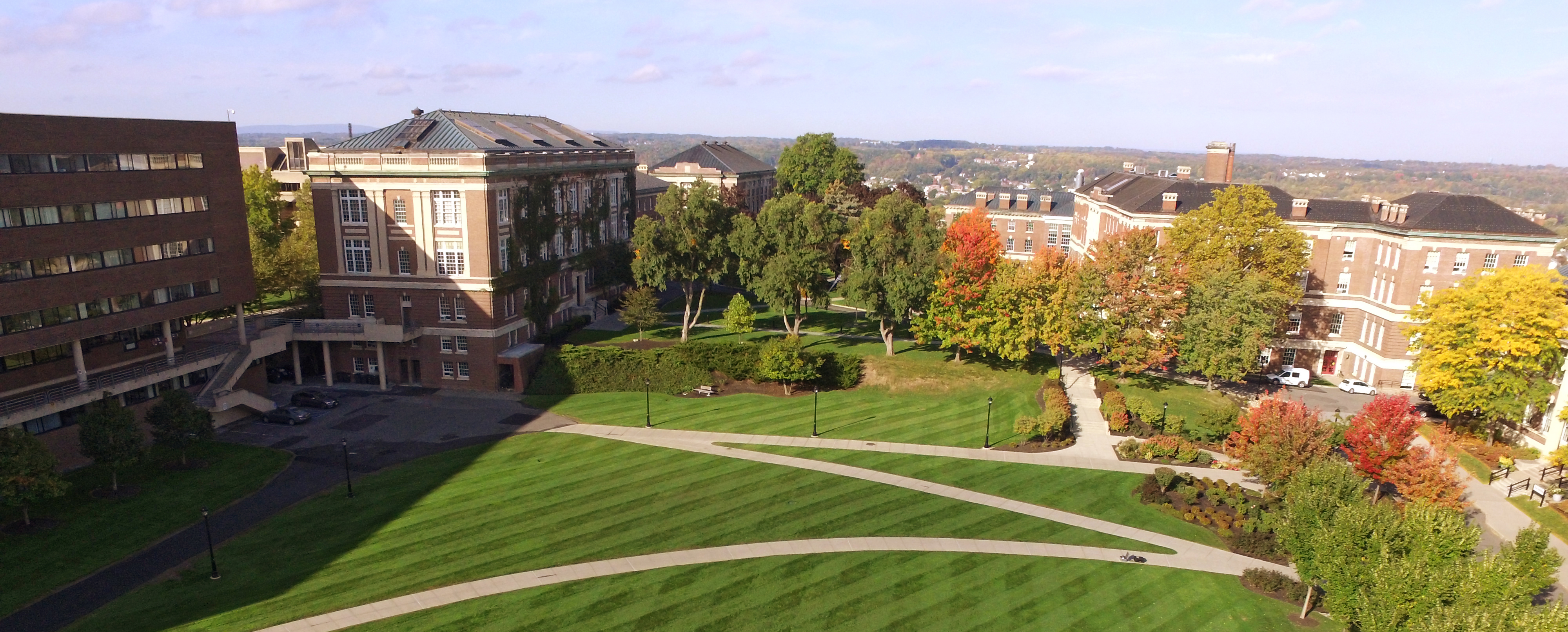A Renewed Investment
As noted by President Shirley Ann Jackson in her June 8, 2018, community-wide communication regarding the Greek Life Task Force, Greek Life has been and still is a significant part of the Rensselaer student experience. When these organizations live up to their stated purpose and values, there is good cause to invest in this system to strengthen the experience for students by enhancing programming and student personal growth opportunities, reducing risk, and promoting chapter and system financial stability.
In recent years, there has been a national focus on the negative and too often tragic outcomes of misguided and unacceptable behaviors occurring in Greek Life. While the Rensselaer Greek system has a strong foundation and history, more recently there have been disconcerting activities and actions on behalf of members of these groups that have led to the suspensions of five of the 30 fraternities. All of these suspensions involved the misuse of alcohol; some were linked to other serious actions such as hazing and/or cases of sexual misconduct.
This created cause to conduct additional reviews of the state of our Greek community. With an examination of data from various reliable and relevant sources to gauge the health, safety, and well-being of our Greek Life System as an important component of the Rensselaer student experience, several troubling trends were identified.
- In comparison to non-Greek students, data revealed that students who are affiliated with a fraternity or sorority engage in high-risk alcohol consumption three to four times more frequently.
- Greeks are overrepresented in reported cases of student sexual misconduct, associated with 47% of the reports this past spring (23% of the undergraduate population are affiliated).
- While there are several chapters with good facility maintenance practices, far too many have poor living and study conditions, and there has been a decrease in compliance with fire and safety codes.
- Only five of the 30 chapters with housing at the beginning of the spring semester had an occupancy of 90% or better. Half of all houses have an occupancy rate of 60% or lower.
In relation to the Rensselaer Greek Life System, students have experienced drug-related tragedies, serious alcohol-related hospitalizations, assaults, hazing, and academic underperformance. While these are not issues unique to Greek life, the data demonstrates that these issues are significantly more prevalent in the Greek system. We have work to do across the student experience, no doubt, and in fact, there is a great deal of work underway across our student communities. This review about Greek Life tells us that we need to intervene with the Greek system in particular, where the risk is more pronounced and the potential for unconscionable consequences are great.
We are calling upon all stakeholders to reinvest in this system that has contributed much to Rensselaer and has the potential for even more. The Greek Life Task Force will look at intermediate and long-term interventions and resources needed to support the system, to strengthen it through mentorship support, risk reduction, and financial sustainability. Furthermore, it has been decided that steps must be taken to address more immediate risks by removing alcohol from all houses and social events, and delaying recruitment activities this fall by a few weeks in order to take the appropriate steps to ensure that we address the risky behaviors, and align behaviors with the stated purpose and values of the system and the Institute.
We are working collaboratively with students, alumnae/alumni, inter/national fraternity and sorority representatives, parents, faculty, and staff as we prepare for a series of community interactive sessions in which we will explore the state of the system, discuss possible solutions to challenges, and identify necessary interventions, policy changes, and resources. The first of these sessions will take place August 27– 28. The Greek Life Forum will be the first community gathering in which invited students, alumnae/alumni, inter/national organization representatives, and other stakeholders will gather to review the strengths and the challenges of the Rensselaer Greek community and realign our commitment to a safer, healthier student experience.
Additionally, we are working with students and alumnae/alumni leaders as we plan sessions to:
- Provide training in key areas of concern
- Provide support for student leaders in their preparations for recruitment and membership intake.
We appreciate the student leaders and alumnae/alumni who have stepped forward to be a part of this important work.

